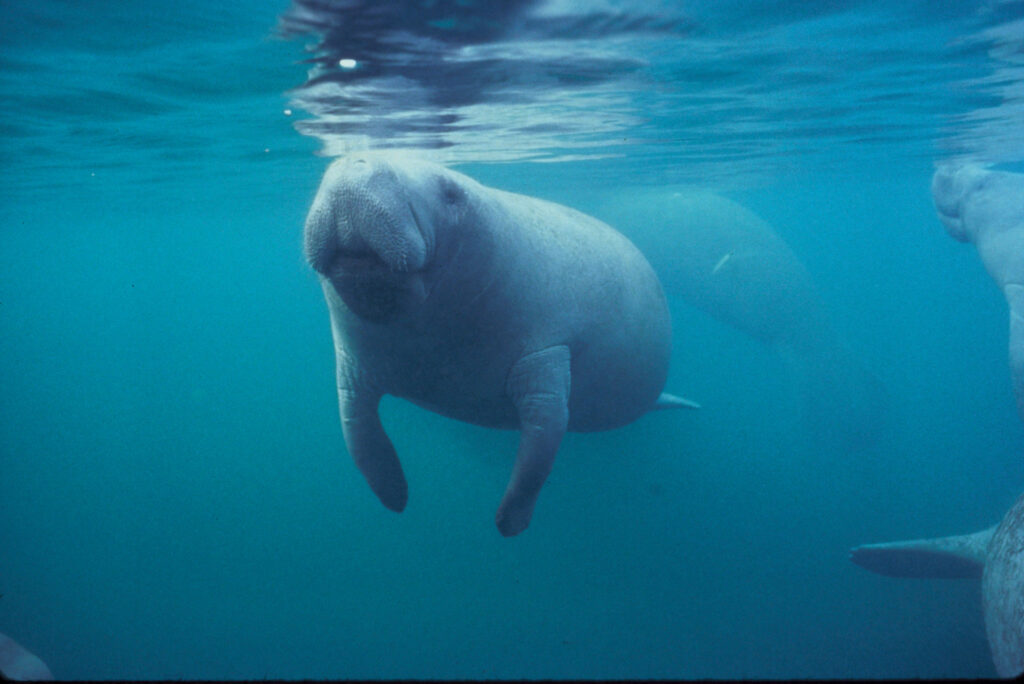Whenever animals are relocated to new areas, there’s the potential that they can spread diseases.
In a presentation at the virtual TWS Annual Conference, Michelle Verant, a wildlife veterinarian with the National Park Service, spoke about how she and her colleagues attempt to transfer the healthiest wolves to Michigan’s Isle Royale, which are less likely to spread diseases.
After the gray wolf (Canis lupus) population declined in the 1980s on the island, it was never able to recover, Verant said. During that time, a pet dog brought parvovirus to the island, devastating the wolf population there. “In the absence of sufficient predation by wolves, moose populations have grown to a point that vegetation is at risk from overbrowsing,” she said.
In June 2018, the NPS began reintroducing wolves to the park with the goal of translocating 20 to 30 wolves to different locations over a three to five-year period to support more genetic diversity.
“What happens when we move animals and bring animals together from different locations? The potential for inadvertent introduction of disease,” Verant said. Those diseases can have implications for wildlife, domestic animal and even human health, she said. And further, recovery efforts of endangered species can be hampered by disease.
In order to make sure disease isn’t spread between newly introduced wolves, Verant and her colleagues first designed their goal to get healthy wolves that are genetically diverse, effective predators and capable of reproduction.
Then, they developed a plan to minimize the health risk of translocated wolves and minimize the risk of disease transmission.
They identified a list of potential hazards by gathering information on populations of interest in the Great Lakes region as well as wolves in other parts of North America. They also took into account disease information from other canids, like domestic dogs.
The team examined and treated wolves that were going to be translocated for sarcoptic mange. They examined, treated and sometimes removed wolves that had ticks and lice. They vaccinated wolves that for rabies, parvovirus, distemper and adenovirus. They conducted on-site testing for heartworm and treatment and fecal analysis for GI parasites and echinococcus.
“After each wolf was deemed fit for translocation, it was transported to Isle Royale,” she said.
Nineteen wolves have been brought to the island and are now being monitored.
Conference participants can visit office hours for this contributed paper on Thursday, Oct. 1 from 1 p.m. to 2 p.m. to learn more and ask questions.
Article by Dana Kobilinsky









